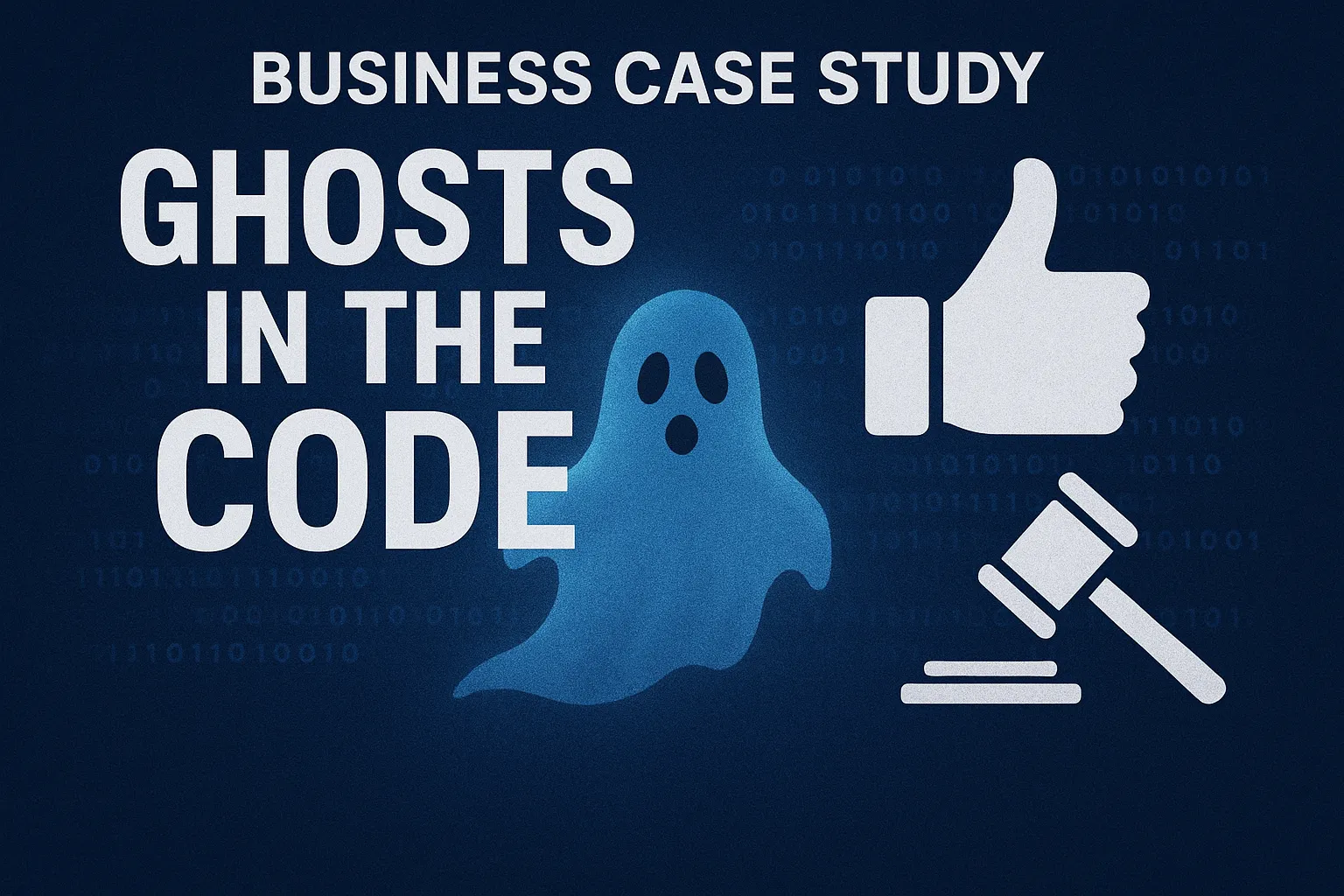 Case Studies Club
Where Strategic Minds Meet
Case Help
Case Studies Club
Where Strategic Minds Meet
Case Help
The Fog of War - When Your Dashboard Won't Tell You If You're Winning
When Strategic Clarity Requires Understanding What You Don't Yet Know About Your Position
Precision Components Manufacturing faces a critical challenge that goes beyond typical strategic planning: after three quarters of flat revenue, leadership realizes they possess extensive operational data but lack the external market intelligence needed to determine whether they're in a position requiring aggressive expansion, defensive consolidation, or strategic repositioning. Before the company can make informed strategic decisions, they must first solve the puzzle of which information sources—customer perception research, competitive intelligence, internal analytics, or industry networks—would most effectively reveal their true competitive position and market standing.
Core Themes:
Turn Business Challenges Into Strategic Wins
Browse our Insights Marketplace for frameworks and tools that drive results
Explore MarketplaceOverview
Precision Components Manufacturing (PCM) stands at a crossroads that many established businesses eventually face: they have more data than ever before, yet somehow less clarity about their true competitive position. After three consecutive quarters of flat revenue, the leadership team convened expecting a straightforward discussion about tactics, only to discover something more unsettling—they couldn't agree on whether the company was advancing, retreating, or merely holding ground. The metrics they'd relied on for years suddenly felt inadequate, like trying to navigate fog with a compass that only points backward. The stakes are considerable: choosing the wrong strategic posture could mean squandering resources on aggressive expansion when consolidation is needed, or surrendering market position through excessive caution when opportunity beckons. Before PCM can chart its next move, it must first solve a more fundamental puzzle: what information does it actually need to understand where it stands right now? The analytical approach required here isn't about selecting a strategy—it's about determining what intelligence would best reveal whether PCM should even be thinking offensively, defensively, or somewhere in between.
Backstory
Precision Components Manufacturing built its reputation over two decades as a reliable producer of specialized metal components used in industrial equipment. Starting as a regional supplier serving agricultural machinery manufacturers, PCM gradually expanded its capabilities and customer base to include construction equipment, material handling systems, and light industrial machinery producers. The company's founder had emphasized quality and reliability over aggressive growth, creating a culture that prided itself on delivery consistency and technical problem-solving for customers. When the second-generation leadership took over several years ago, they inherited a healthy business with strong margins, loyal cust...
🔓 Unlock This Case Study
Access full cases, analysis, recommendations, and community insights


